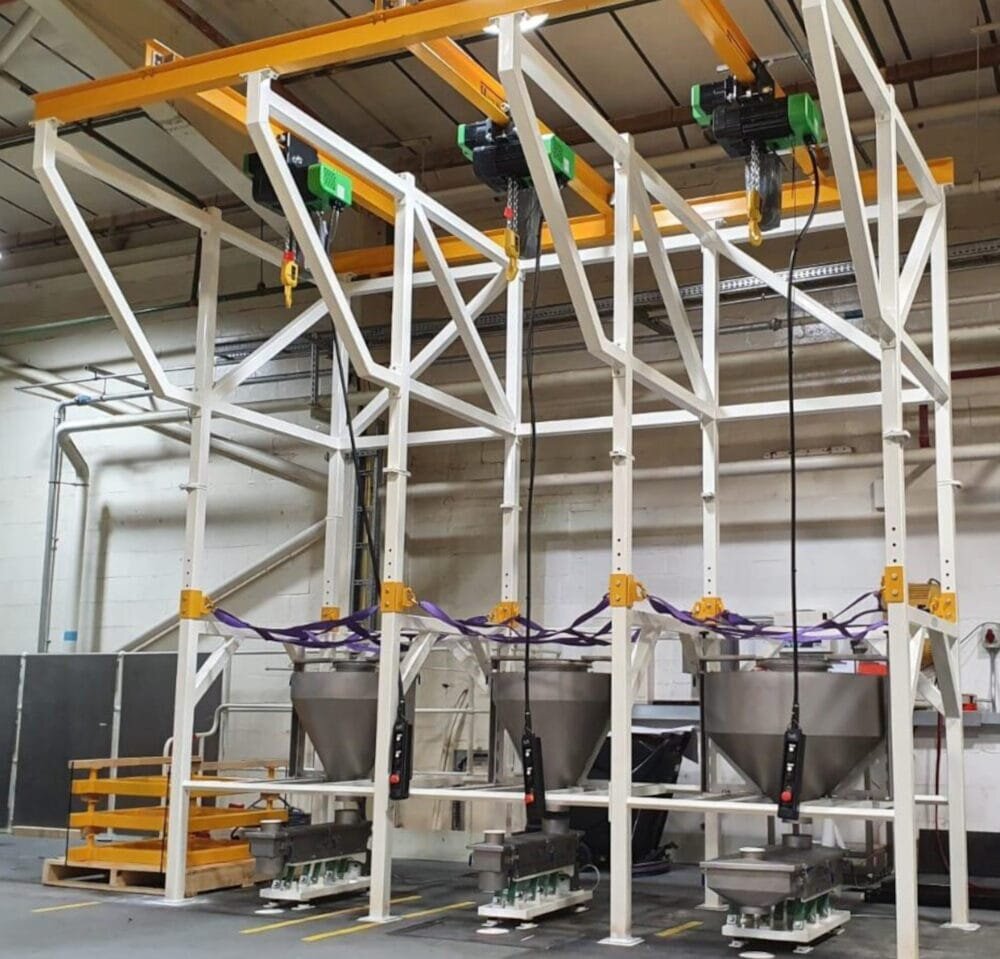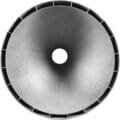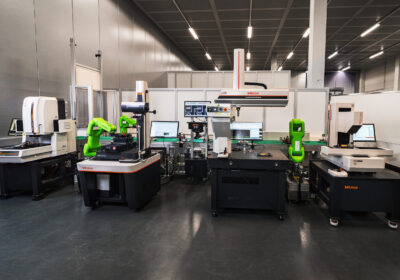~ Big bag dischargers and vibratory screening technologies drive process optimisation ~
According to McKinsey and Company, process optimisation and increased investment in equipment are two crucial pathways along which material-handling leaders can secure their competitiveness in today’s markets. One essential aspect that often gets overlooked is the significant impact of bulk material handling on achieving this objective. Stephen Harding, the managing director of Gough Engineering, delves into the importance of specialised equipment, like big bag dischargers and vibratory screening technologies, in securing competitiveness in today’s markets.
“Material handling,” according to McKinsey’s report, A changing material-handling market: How to ensure continuous success, “is only as effective as the technology it relies upon.” The report refers to the “primary subsegments” of material handling equipment: cranes, forklifts and conveyers. Here, we will focus on conveyors — specifically bulk material handling systems.
Bulk material handling encompasses the movement and management of large quantities of powders, grains, liquids, or solids. It plays a crucial role at the front end of production in establishing the quality and value of products and ingredients throughout the industrial manufacturing production processes. A prime example is the sugar industry, where efficient bulk material handling systems facilitate smooth material flow, meeting customer demands promptly, boosting productivity, while maintaining product quality. To realise these benefits, specialised equipment and systems are indispensable for efficient transfer, storage, and distribution of raw materials and ingredients at various stages of the manufacturing processes.
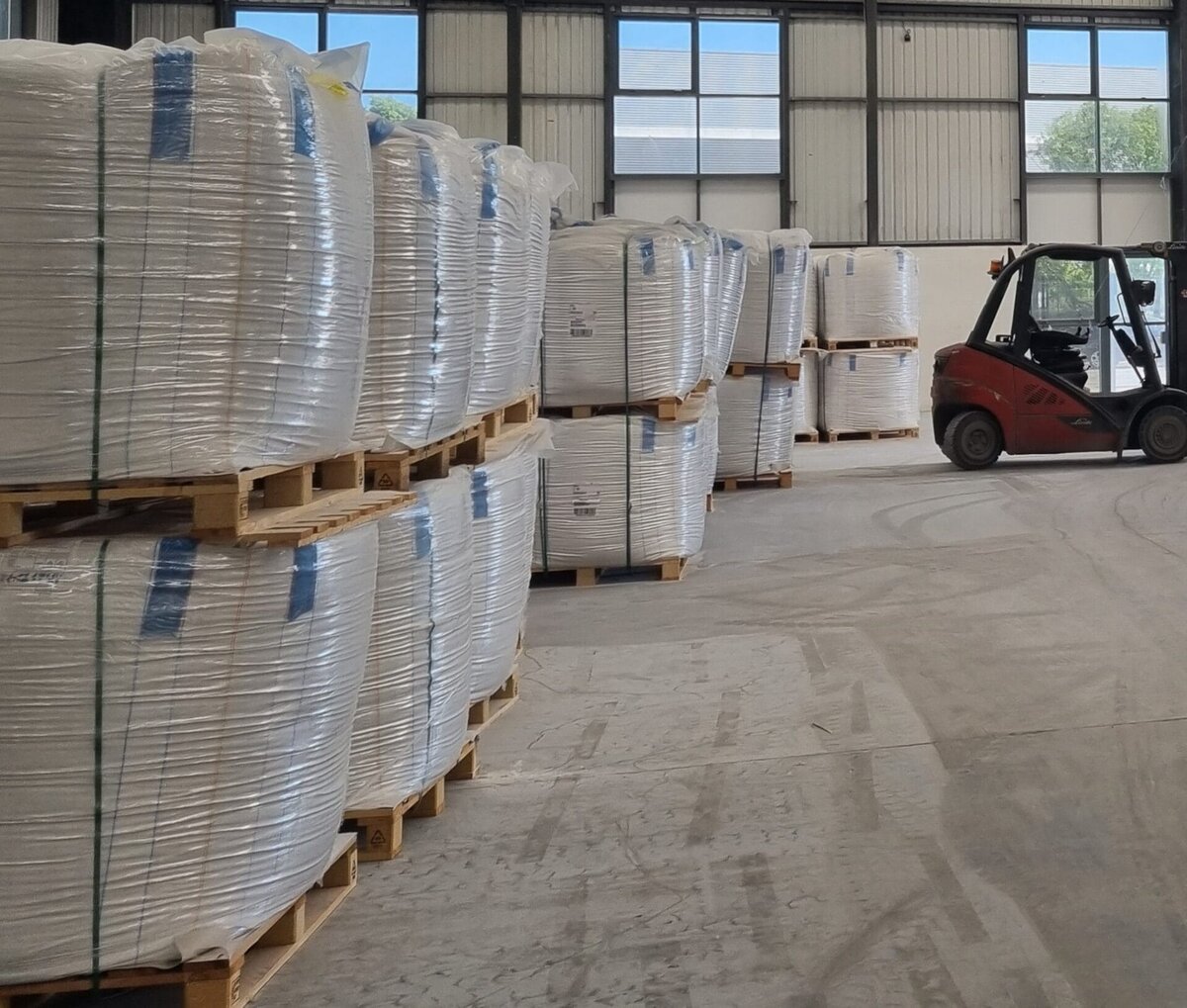
Bulk material handling systems are vital for the sugar industry, including ensuring a smooth material flow.
Transferring products
Big bag dischargers serve as a fundamental component in efficient bulk material handling. These machines enable seamless movement by transferring products from within a contained or suspended bulk bag, restoring them to their original refined or processed state for use in the customer’s product production. Determining the geometry, capacity characteristics, and product behaviour within the bag are essential factors considered at the outset.
However, these material handling systems should go beyond mere transfer. These systems should incorporate value-adding processes such as product screening and in-line metal detection. By analysing the contents of big bags for oversized or undersized materials, manufacturers ensure the consistency and integrity of their products as feedstock for subsequent processes.
This level of quality control is particularly crucial in sugar manufacturing, where screening and metal detection are essential before transferring sugar to other production stages, guaranteeing the finished product’s quality for sale to end users.
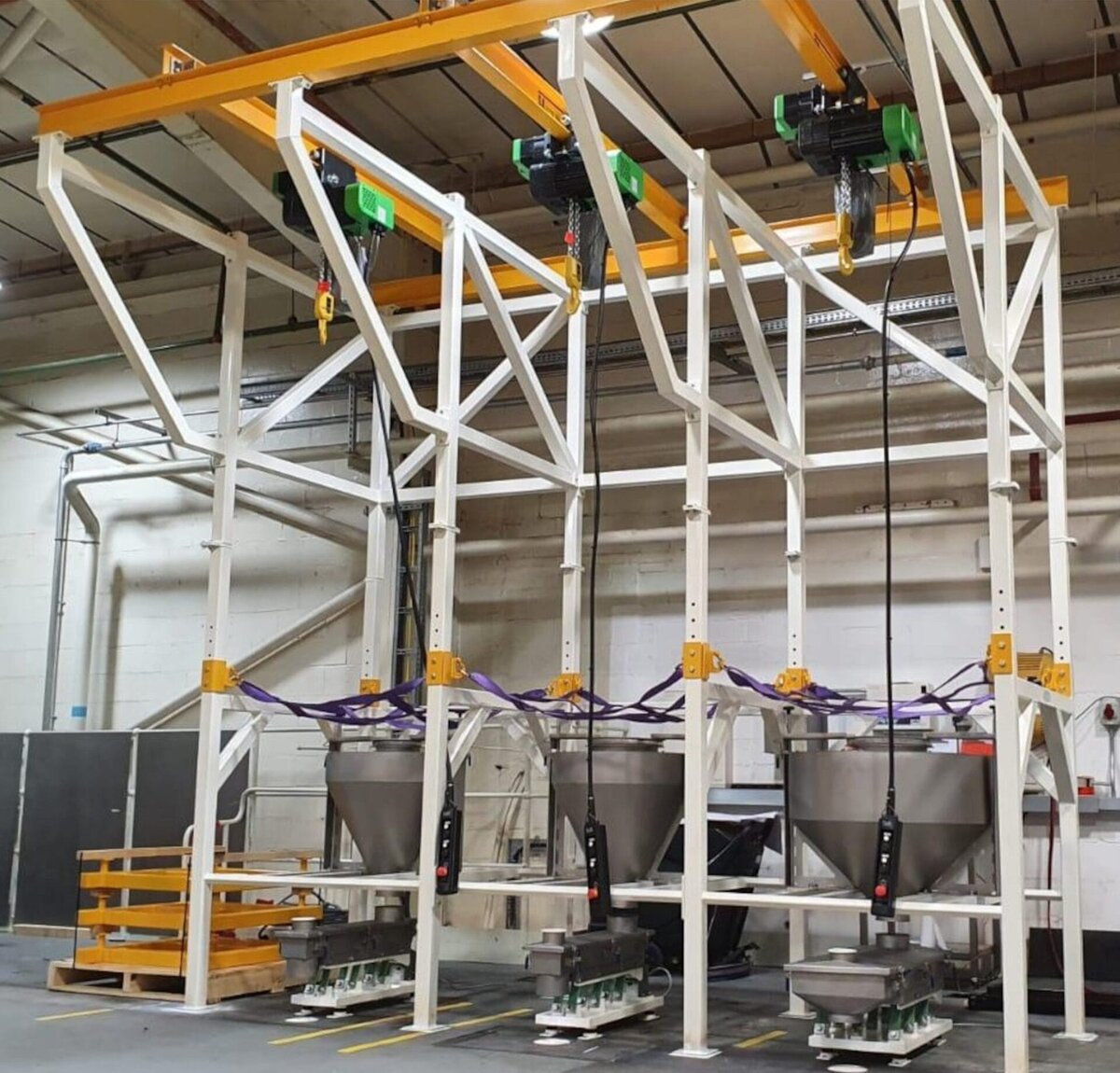
The first step in efficient bulk material handling is the use of specialised equipment such as big bag dischargers.
Modular design
A practical example of this is when Gough Engineering offered its own solutions to support a UK-based sugar beet supply company. The company, processing approximately eight million tonnes of sugar products annually, sought a comprehensive turnkey solution to cope with the increasing demand for refined white granular sugar. Gough Engineering was approached for their expertise in big bag discharger systems, vibratory screening technology, and fast product transfer solutions.
The solution devised by Gough Engineering involved a twin big bag discharger unit, agitator paddles for optimal product flow, pneumatic valves for flow control, Gough Vibraflo® GVF6 vibratory screens for oversize particle separation, and a Floveyor F4 aero-mechanical solution for elevation. An automatic detection and separation unit for ferrous metal removal ensured the product’s quality and integrity.
The modular design allowed for reliable and safe flow, significantly improving the transfer rates to 30 tonnes per hour, per tanker. The system’s electrical controls with an Alan Bradley PLC and integrated Human machine Interface (HMI) and pneumatic process management ensured seamless monitoring and operation.
Efficiently designed material handling systems instil manufacturers with the confidence to meet customer audits and industry standards. Moreover, these systems facilitate the smooth transfer of products between different stages of production, ensuring materials’ integrity and quality.
To truly optimise their production, businesses must invest in bulk material handling solutions like big bag dischargers and integrate quality control measures such as screening and metal detection. These technologies streamline operations, ensure product integrity, and fulfil customer requirements.
Advanced technology
As McKinsey’s report highlights, material handling effectiveness heavily relies on advanced technology, particularly in the primary subsegment of conveyors, which includes bulk material handling systems. The significance of these systems in preserving product quality and value cannot be overstated, making them indispensable for efficient material transfer, storage, and distribution at various stages.
By incorporating specialised equipment like Gough Engineering’s big bag dischargers and vibratory screening technologies, businesses can streamline operations, driving commercial growth and success in an increasingly competitive market.
To learn more about how Gough Engineering’s material processing and handling solutions can enhance supply chain efficiency, visit its website.

